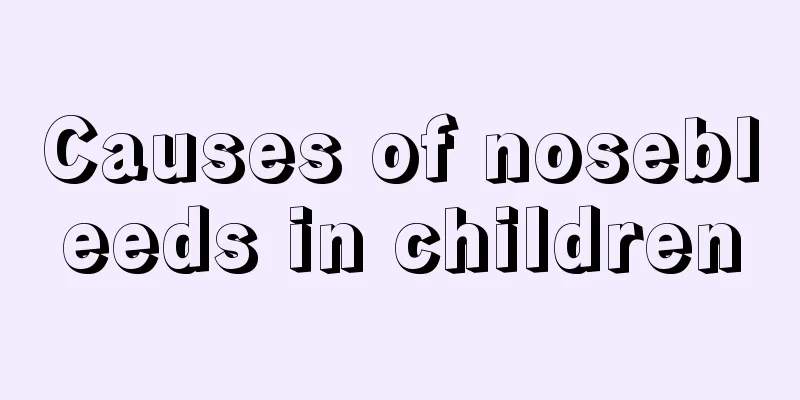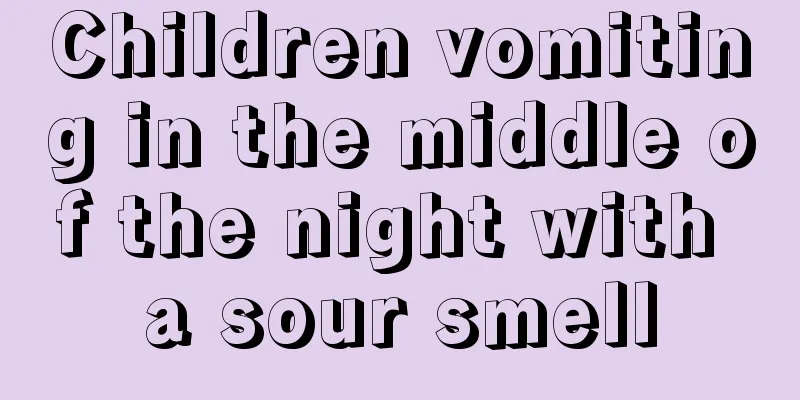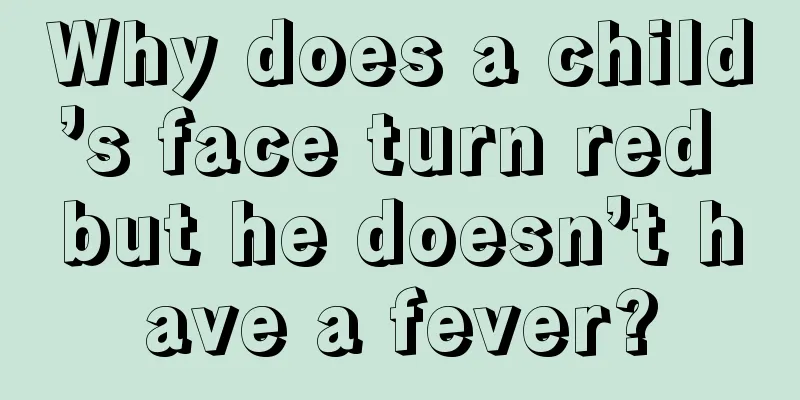Causes of nosebleeds in children

|
For parents, no matter what symptoms their children have, they are worried, because we all know that no matter what diseases children have, if we don’t understand the causes, scientifically treat and solve them, the impact and harm they will suffer will be greater. Therefore, parents need to understand which factors are likely to cause nosebleeds in children. Children's nosebleeds are usually caused by injuries to the front part of the nasal septum. This area has several blood vessels that intersect and are arteries, so the amount of bleeding is large. Children who are prone to nosebleeds can be roughly divided into the following categories: 1. Children with colds - because colds can reduce the resistance of the nasal mucosa, and the symptoms of colds (nasal congestion, runny nose, nasal pus, etc.) can cause children to do some actions that directly hurt the nasal mucosa (such as blowing their noses hard, picking their noses, etc.), which can easily lead to nosebleeds. Second, children with nasal allergies - due to itchy, runny nose, nasal congestion, they often pick their noses, which often causes the nasal mucosa to be injured and bleed. 3. Children who have the habit of picking their noses with their fingers - Frequent picking of the nose causes repeated injuries to the nose and the nasal vestibule, which then forms scabs. When the nose is stained with mucus, the children will pick their noses uncontrollably, and this vicious cycle will continue. Over time, the nose and the vestibule will ulcerate and bleed easily. 4. Children with blood diseases - Although these children have no nose injuries, they often have nosebleeds. The flow rate is usually slow, but the frequency is very frequent. This type of nosebleed is often caused by blood diseases. If you encounter this situation, you must go to the hospital for a blood test immediately to prevent any accidents. The above is an introduction to some of the reasons that may cause nosebleeds in children. I hope that after these introductions, everyone can pay attention to them. For children, no matter what kind of disease condition they have, the impact and harm on them are relatively large, so parents need to pay attention to it so that they can help them treat it correctly. |
<<: What are the symptoms of diarrhea in newborns?
>>: Causes of rapid breathing in newborns
Recommend
How to prevent children from hunchback
I believe that as parents, we will be very worrie...
What should I do if my child is beaten by the teacher?
Children are basically the apple of their parents...
What is the order of adding complementary food to babies?
What is the order for adding complementary foods ...
Two months old baby sleeps less
People envy infants and young children because th...
Calluses on the big toe of a child
If a child has calluses on his feet, it is probab...
The baby fell headfirst to the ground
If a baby falls headfirst, people must pay attent...
Why is my baby having trouble breathing?
Babies are the apple of every family's eye. W...
Reasons for excessive sweating on baby's head
Some mothers have recently discovered that their ...
How to correct a child's hunchback
A hunchback may be caused by spinal deformity or ...
What is the development standard for babies over 2 months old?
Parents of babies who are more than 2 months old ...
What should I do if mycoplasma pneumonia is infected in children?
What parents of newborns worry about most is that...
How long should a baby have a fever?
Since babies have just come into the world, their...
Massage method for baby's throat inflammation
It is quite common for babies to have sore throat...
How harmful is formaldehyde to babies?
The components of indoor air pollution are very c...
What to do if baby has herpes in throat
Many people may think that herpes only appears on...









